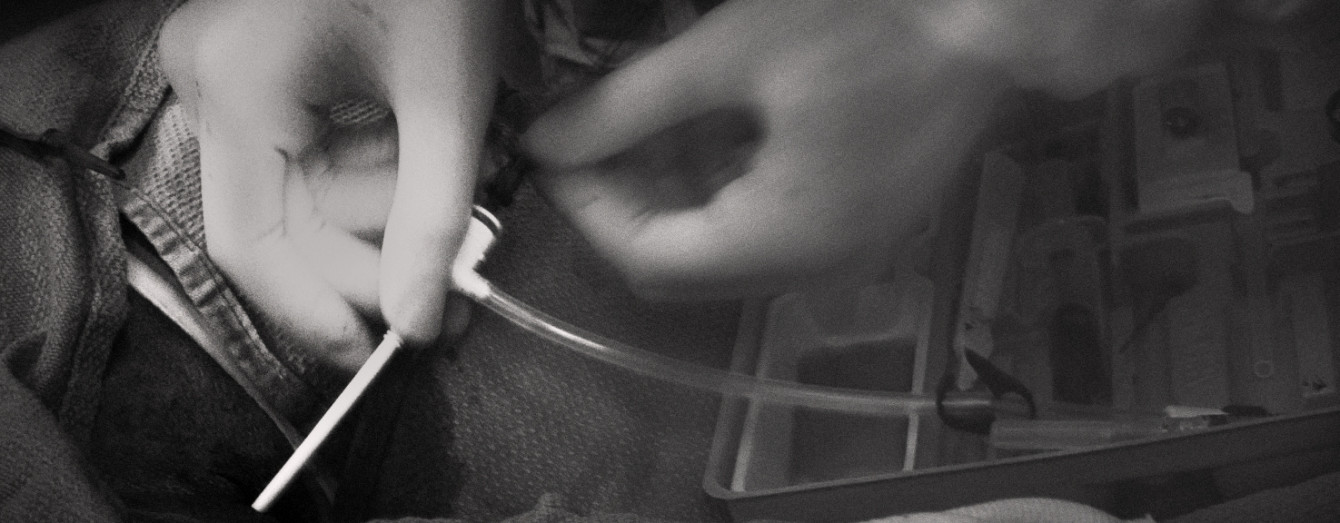Entrustable Professional Activities (EPAs)
Entrustable Professional Activities (EPAs) form the building blocks of trainee learning. EPAs may be clinical or non-clinical in nature but usually pertain to discrete observable or entrustable tasks. Trainees are expected to seek feedback on EPAs from their supervising consultants and, in the process, reflect on their performance, trigger discussion and document their learning.
EPA evaluations are work-based low-stakes assessments that are meant to guide trainee learning. They are not pass-fail assessments. However, it is the responsibility of trainees to trigger EPA assessments and verbally communicate this with their consultants. Through self-reflection, trainees are encouraged to pre-fill EPA assessments then submit them to their attending physicians for signing-off.
A minimum number of completed EPA submissions is required by the RCPSC for each stage of training for trainees in adult critical care training programs.
EPAs for Adult Critical Care Medicine 2019 (PDF Version)
EPAs for Adult Critical Care Medicine 2019 (Web Browser Version)
To further understand how to collect these EPAs throughout your training, please refer to the Frequently Asked Questions (FAQ 2021) document.
Trainees are expected to trigger approximately 2 EPA’s per clinical working day to stay on track. Residents are responsible for communicating EPA submissions with their attending physician before triggering an assessment.
List of EPAs for Adult Critical Care Medicine (2019):
I. Transition to Discipline
- Recognizing, assessing, and providing initial management for patients who are critically ill, seeking assistance when appropriate
- Initiating and leading resuscitation for unstable patients
- Performing the basic procedures of CCM
- Coordinating patient care and supporting team members in the ICU setting
- Transferring clinical information between health care providers at handover
- Providing routine updates to patients or families
II. Foundations
- Evaluating, stabilizing, and managing patients presenting with common ICU conditions
- Evaluating and managing uncomplicated and/or routine patients requiring mechanical ventilation
- Performing the common procedures of CCM
- Teaching and supervising junior physicians and other health care professionals
- Developing and implementing learning plans
- Identifying and providing care for patients and their family’s needs around the end-of-life
- Co-leading multidisciplinary teams
III. Core
- Managing patients with respiratory failure
- Managing patients with multisystem organ dysfunction
- Managing the resuscitation of critically ill patients
- Performing the advanced procedures of CCM
- Caring for patients with chronic and/or organ support-dependent critical illness and their primary caregiver(s)
- Identifying, assessing, and managing potential organ donors
- Recognizing and providing care for patients who are vulnerable
- Managing the transport of patients who are critically ill
- Leading daily clinical rounds
- Identifying and addressing patient safety incidents and contributing to a culture of safety
- Supervising, assessing, and coaching junior colleagues
- Participating in and/or contributing to scholarly activity
IV. Transition to Practice
- Coordinating the delivery of resources and care for patients who are critically ill
- Debriefing resuscitations and other critical events
- Contributing to continuous quality improvement initiatives that address system-level safety or quality concerns
- Demonstrating self-directed personal and professional development
- Conducting scholarly work
